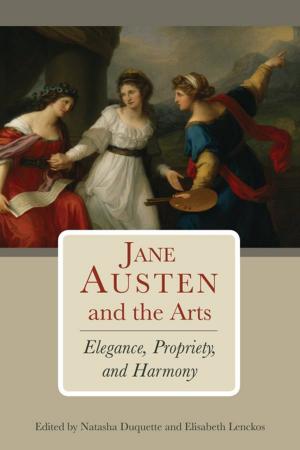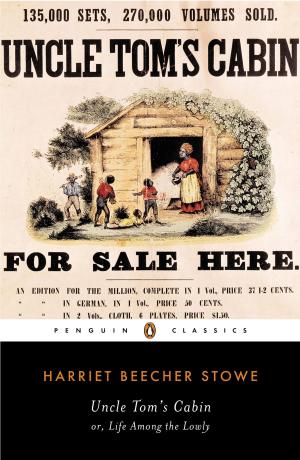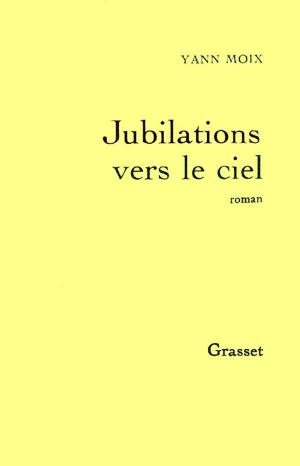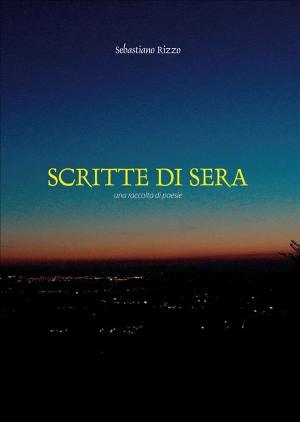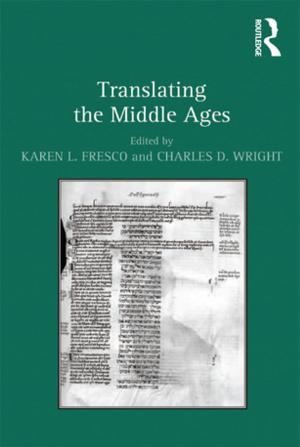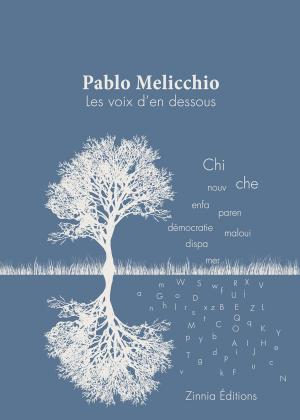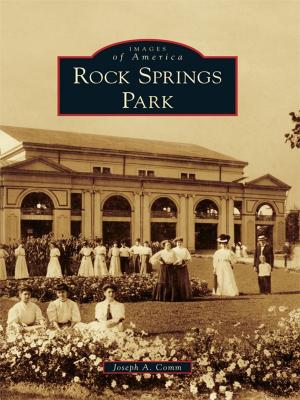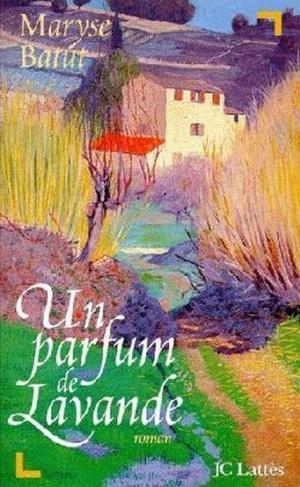| Author: | Kelcey Parker Ervick | ISBN: | 9781941628089 |
| Publisher: | Rose Metal Press | Publication: | November 1, 2016 |
| Imprint: | Language: | English |
| Author: | Kelcey Parker Ervick |
| ISBN: | 9781941628089 |
| Publisher: | Rose Metal Press |
| Publication: | November 1, 2016 |
| Imprint: | |
| Language: | English |
Artistic, rebellious, and unapologetically intelligent, Božena Němcová defied every convention for a woman in mid-nineteenth-century Bohemia: she was active in nationalist politics, she smoked cigars, she took a series of lovers, and she laid bare her ideas and emotions in her letters and stories. The Bitter Life of Božena Němcová is a biographical collage of found texts, footnotes, fragments, and images by and about the Czech fairy tale writer, whom Milan Kundera calls the “Mother of Czech Prose.” Kelcey Parker Ervick’s innovative collage form, with its many voices and viewpoints, questions the concept of biographical “truth” while also revealing a nuanced and spellbinding portrait of Němcová. Inspired by Němcová’s letters, the book’s second section, “Postcards to Božena” is Parker Ervick’s epistolary memoir of her own failing marriage and her quest for a Czech typewriter, as well as a meditation on reading, writing, and happy endings. The two sections combine to create a book as defiant, enchanting, and complex as its namesake.
Artistic, rebellious, and unapologetically intelligent, Božena Němcová defied every convention for a woman in mid-nineteenth-century Bohemia: she was active in nationalist politics, she smoked cigars, she took a series of lovers, and she laid bare her ideas and emotions in her letters and stories. The Bitter Life of Božena Němcová is a biographical collage of found texts, footnotes, fragments, and images by and about the Czech fairy tale writer, whom Milan Kundera calls the “Mother of Czech Prose.” Kelcey Parker Ervick’s innovative collage form, with its many voices and viewpoints, questions the concept of biographical “truth” while also revealing a nuanced and spellbinding portrait of Němcová. Inspired by Němcová’s letters, the book’s second section, “Postcards to Božena” is Parker Ervick’s epistolary memoir of her own failing marriage and her quest for a Czech typewriter, as well as a meditation on reading, writing, and happy endings. The two sections combine to create a book as defiant, enchanting, and complex as its namesake.


